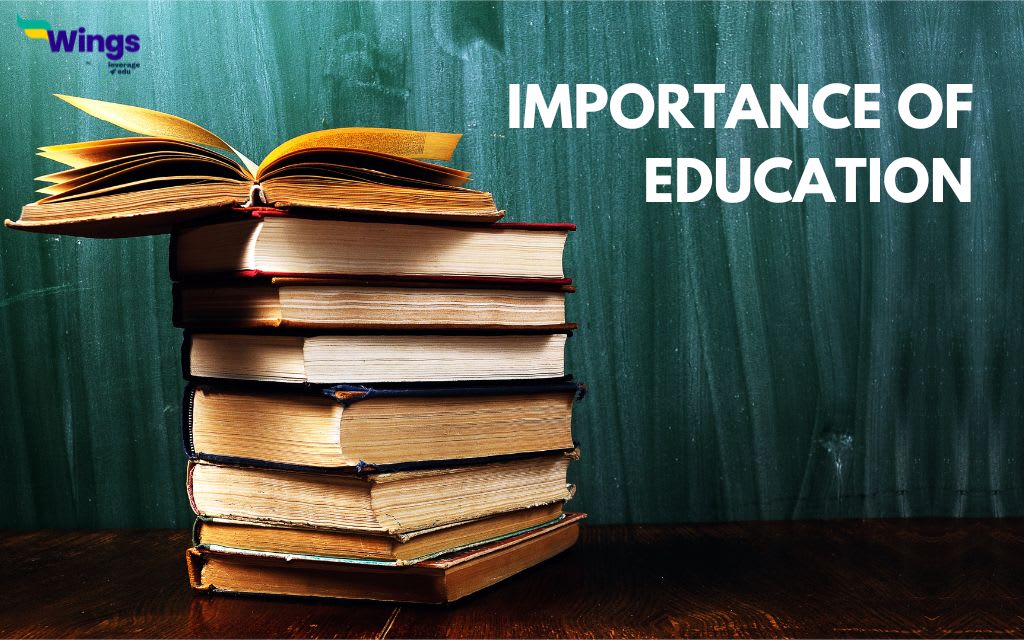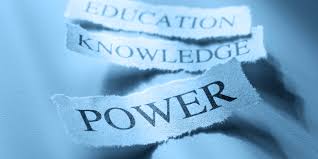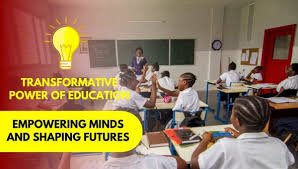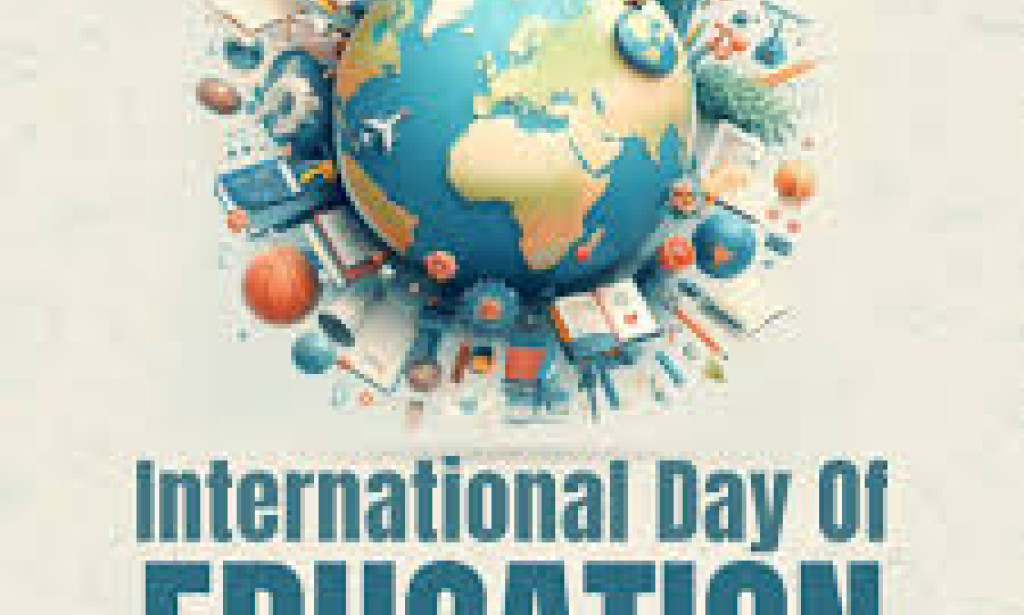In a rapidly evolving world, education stands as the cornerstone of progress and empowerment. Beyond the confines of classrooms, it is a journey that shapes individuals, societies, and the future itself. This article explores the multifaceted dimensions of education, highlighting its significance, challenges, and the enduring impact it can have on individuals and communities.
Introduction:
Education transcends the mere transmission of knowledge; it is a catalyst for personal and societal transformation. The journey begins with the acquisition of foundational skills, evolves through critical thinking, and culminates in the development of well-rounded individuals ready to navigate the complexities of life.
1.The Power of Knowledge:
Education equips individuals with the tools needed to comprehend the world around them. It fosters curiosity, cultivates intellect, and opens doors to opportunities. Knowledge is not only a personal asset but also a societal resource, laying the groundwork for innovation, progress, and social cohesion.
2.Challenges in the Educational Landscape:
Despite its transformative potential, education faces challenges globally. Disparities in access, unequal resource distribution, and outdated curricula hinder the realization of its full benefits. Addressing these challenges requires a collective effort to ensure that education becomes a universal right rather than a privilege.
3.Beyond Academic :
Education extends beyond textbooks and examinations. It encompasses the development of essential life skills, such as critical thinking, communication, and adaptability. A holistic education prepares individuals not just for jobs but for active participation in a dynamic and interconnected world.
4.The Role of Technology:
In the 21st century, technology has revolutionized education, making information accessible to a broader audience. Online learning, educational apps, and interactive platforms democratize knowledge, breaking down geographical barriers and providing diverse learning experiences.
5. Education as a Tool for Social Change
Education plays a key role in creating a fair and just society. It helps reduce poverty by giving people skills to earn a living. Educated individuals are more likely to fight for equality, advocate for their rights, and help others.
6. Challenges in Accessing Education
While education is important, many people around the world face challenges like:
- Lack of schools or teachers in rural areas.
- Financial difficulties preventing children from attending school.
- Gender inequality, where girls are often denied the chance to learn.
Overcoming these barriers is essential to ensuring everyone has access to education.
7.The Role of Technology in Education
Technology has made learning more accessible than ever before. Online courses, mobile apps, and digital libraries allow students to learn from anywhere. Technology also connects people to new opportunities and ideas, making education a global experience.
8. Education for a Brighter Future
Educating the younger generation is an investment in the future. When children learn, they grow up to become responsible citizens, creative thinkers, and compassionate leaders. Education has the power to shape the world for the better.
Conclusion
Education is more than just learning facts; it is the foundation for personal and societal success. By ensuring access to education for all, we can empower minds, break barriers, and build a brighter, more equitable future for everyone.



You must be logged in to post a comment.